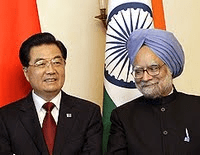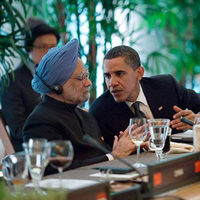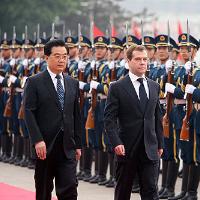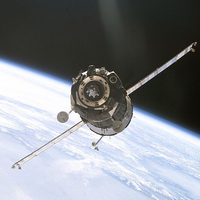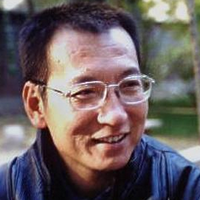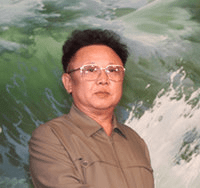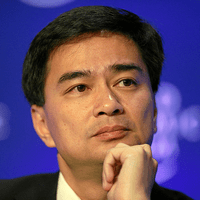
This is the third of a three-part series on Thailand’s slide toward authoritarian rule. The first article discussed the domestic effects of Thailand’s faltering democracy. The second article discussed the regional effects. This final article discusses the broader implications for the U.S.-China rivalry in Southeast Asia. Thailand’s democratic crisis has complicated its relationship with the U.S., pushing Bangkok closer to Beijing. Prime Minister Abhisit Vejjajiva’s dubious legitimacy and Thailand’s progressive slide toward a military regime have left the U.S. undecided on how to proceed. Washington has not openly condemned Bangkok, but neither has it offered the political support that the […]

